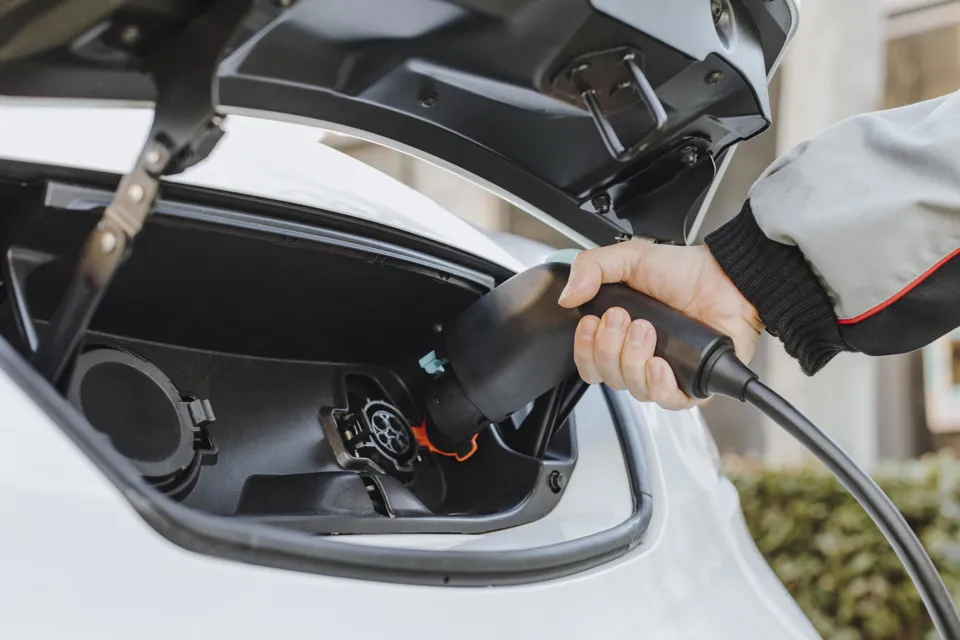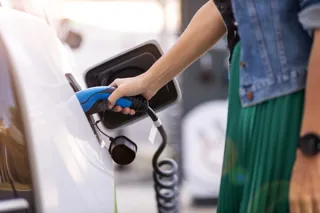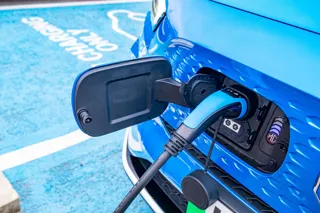Fleet managers are expecting electric and hybrid vehicles to make up 56% of vehicle fleets within two years and more than three quarters expect to have fully electric fleets before 2030.
Research by Churchill Expert, Direct Line Group’s flexible fleet insurance business, found that petrol and diesel vehicles currently make up two-thirds of fleets, with 16% being hybrid and less than one-fifth being electric vehicles (EVs).
Fleet managers expect this breakdown to change in two years with the proportion of EVs increasing to 37% and hybrid vehicles to 20%. Petrol or diesel vehicles are expected to make up 44% – a reduction of 21 percentage points in two years.
Nicola Richmond, head of Churchill Expert Flexible Fleet Partnerships, said: “Despite the odds, fleet managers continue to display inspiring levels of optimism and ambition in today’s market. As the increased cost-of-living impacts fleet drivers, it’s reassuring to see a continued rise in the demand for electric vehicles and ongoing plans to fully convert vehicle fleets by the end of the decade. This will be in time for when all new petrol and diesel cars and vans are set to be banned from sale in 2030. For those in the process of converting their fleets to electric, it is important to have the right fleet insurance provider to support you through this journey.”
Several factors are impacting fleet managers’ general operations, as well as their ability to transition vehicle fleets. These include the increasing popularity of EVs, the rise in the Government's green initiatives such as Ultra Low Emission Zones (ULEZ) and greater availability of salary sacrifices schemes.
Fleet managers’ insurance needs will also evolve as people transition to EVs. Nearly half (49%) want cover against damage to charging points and equipment, 10 per centage points more than those who are looking for low-priced premiums.
Despite the challenging economic environment, the findings also reveal that 85% of fleet managers are optimistic about their company’s future over the coming two years. While the majority are impacted by the rising cost of living (92%) and increased energy or fuel costs (97%) optimism in the industry remains remarkably robust.






















Login to comment
Comments
No comments have been made yet.